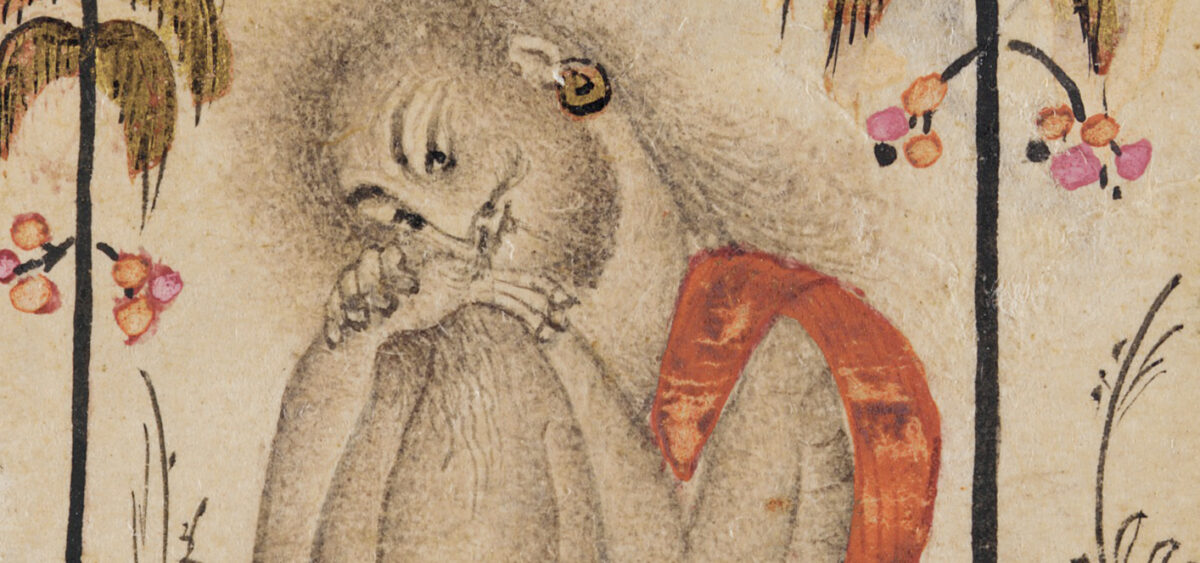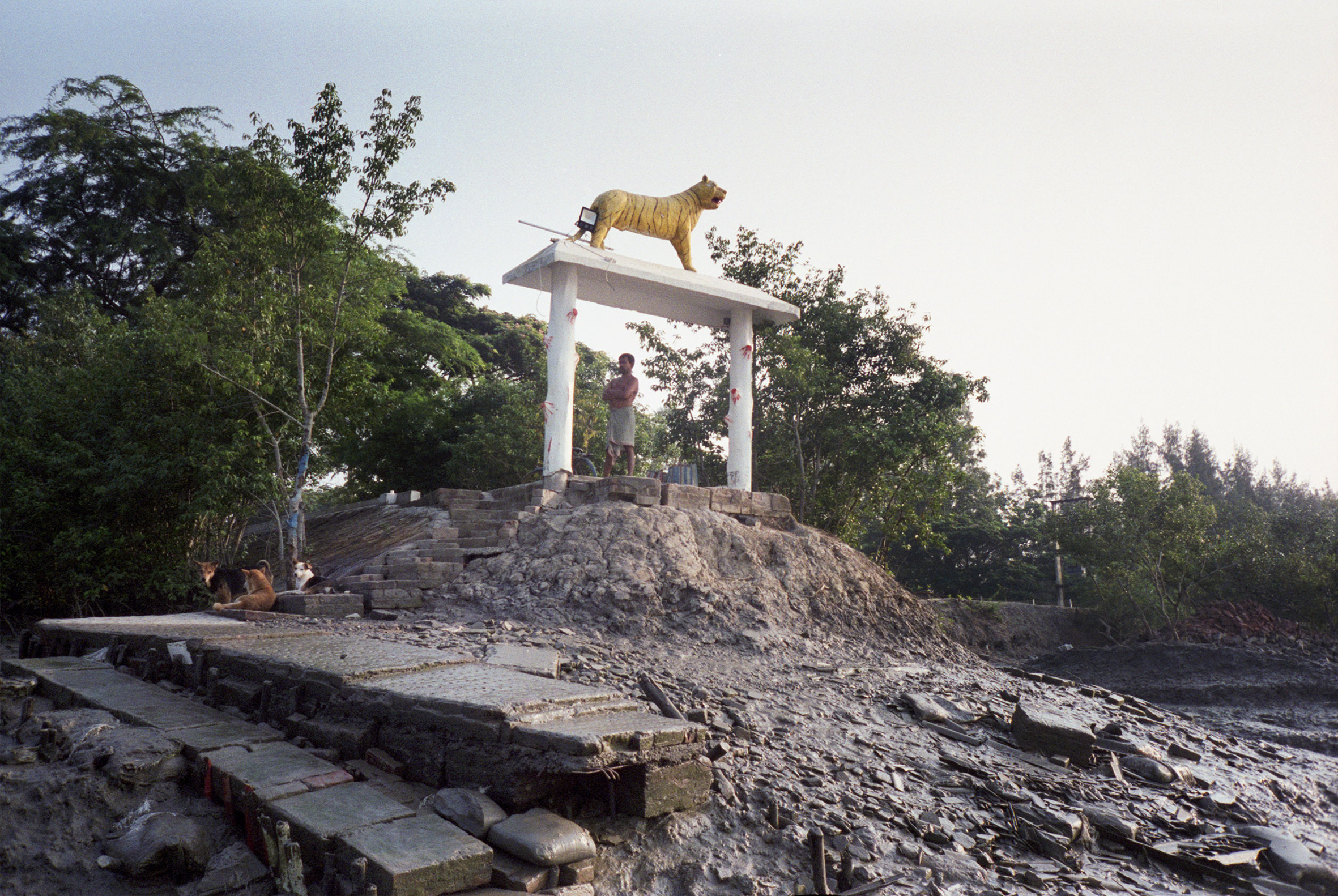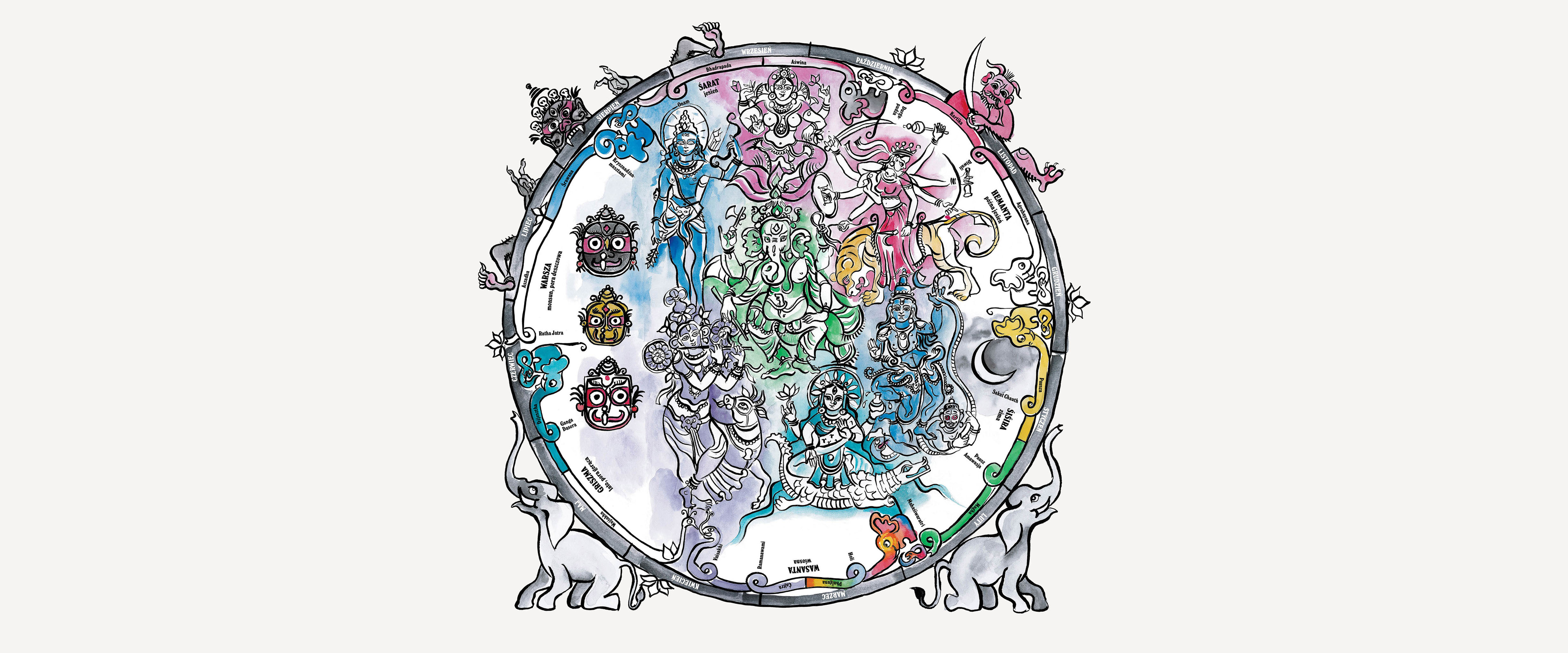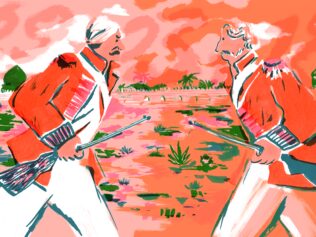
The last descendant of an illustrious family leads a life reflecting on past glories. The old man’s ancestral pride intrigues but also amuses his neighbors—especially one pompous and ambitious young man. Who will discover the truth about himself in the clash of emotions? This story was written and translated during the period when India was ruled by the British Empire. As such, the place names reflect the colonial spellings used at the time.
I
Once upon a time the Babus at Nayanjore were famous landholders. They were noted for their princely extravagance. They would tear off the rough border of their Dacca muslin, because it rubbed against their delicate skin. They could spend many thousands of rupees over the wedding of a kitten. And on a certain grand occasion it is alleged that in order to turn night into day they lighted numberless lamps and showered silver threads from the sky to imitate sunlight. Those were the days before the flood. The flood came. The line of succession among these old-world Babus, with their lordly habits, could not continue for long. Like a lamp with too many wicks burning, the oil flared away quickly, and the light went out. Kailas Babu, our neighbor, is the last relic of this extinct magnificence. Before he grew up, his family had very nearly reached its lowest ebb. When his father died, there was one dazzling outburst of funeral extravagance, and then insolvency. The property was sold to liquidate the debt. What little ready money was left over was altogether insufficient to keep up the past ancestral splendors. Kailas Babu left Nayanjore and came to Calcutta. His son did not remain long in this world of faded glory. He died, leaving behind him an only daughter. In Calcutta we are Kailas Babu’s neighbors. Curiously enough our own family history is just the opposite of his. My father got his money by his own exertions, and prided himself on never spending a penny more than was needed. His clothes were those of a working man, and his hands also. He never had any inclination to earn the title of Babu by extravagant display; and I myself, his only son, owe him gratitude for that. He gave me the very best education, and I was able to make my way in the world. I am not ashamed of the fact that I am a self-made man. Crisp banknotes in my safe are dearer to me than a long pedigree in an empty family chest. I believe this was why I disliked seeing Kailas










